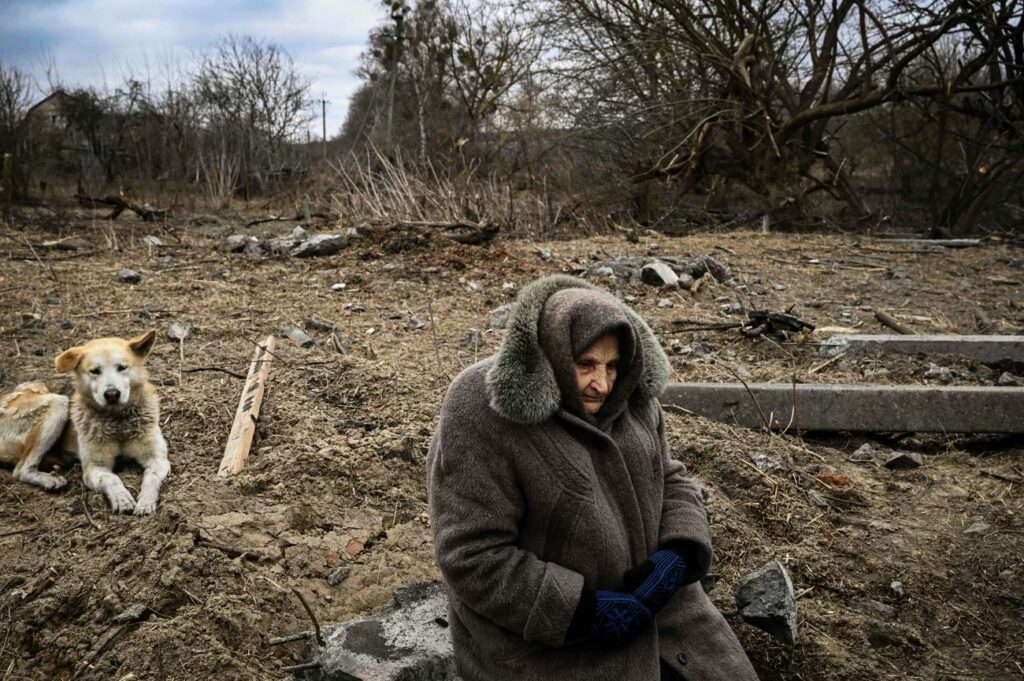I do not know how many of my readers follow current affairs closely, though I follow them.

Are wars good for wildlife, or are they bad?
Unfortunately, it completely depends.
I suspect that on the whole, it depends on the wildlife in question. Several times during wars, it was thought that the European bison had been lost – due to soldiers having to camp in remote forests that they still survived. It is not surprising that soldiers with little to eat will take Bison that they encounter (one bison could feed a large number of soldiers). Indeed, it is certainly the case that many herbivores have been lost in this way.
Other species are different.
Mountain gorillas multiplied greatly during the period of the civil war. In similar ways, the Iron curtain that crossed Europe – along the edge of the Soviet Union, had a no mans land on either side of the barrier. This Green belt which ran for thousands of km across Europe, while not wide was never-the-less wide enough for animals to use. Indeed, it is thought that wolves and bears used this route as a highway – allowing them to recolonise land they had been exterminated from.
So, what do we think? Well, partly it depends on how long the war goes on. At the current time, it does not look like Russia will be able to last for long enough for this to have any big effect. If instead this was to go on for years, it might be a very different thing. This is because Ukraine lies between the Eastern Europe and the Carpathians, and the west. Should hunting in Ukraine cease for a few years, it is likely to accelerate the movement of wolves and bears and lynx from east to west. This process is likely to happen over time anyway, but a protracted war could accelerate it.
As I said above, though, it is highly likely that this conflict will not last long.











